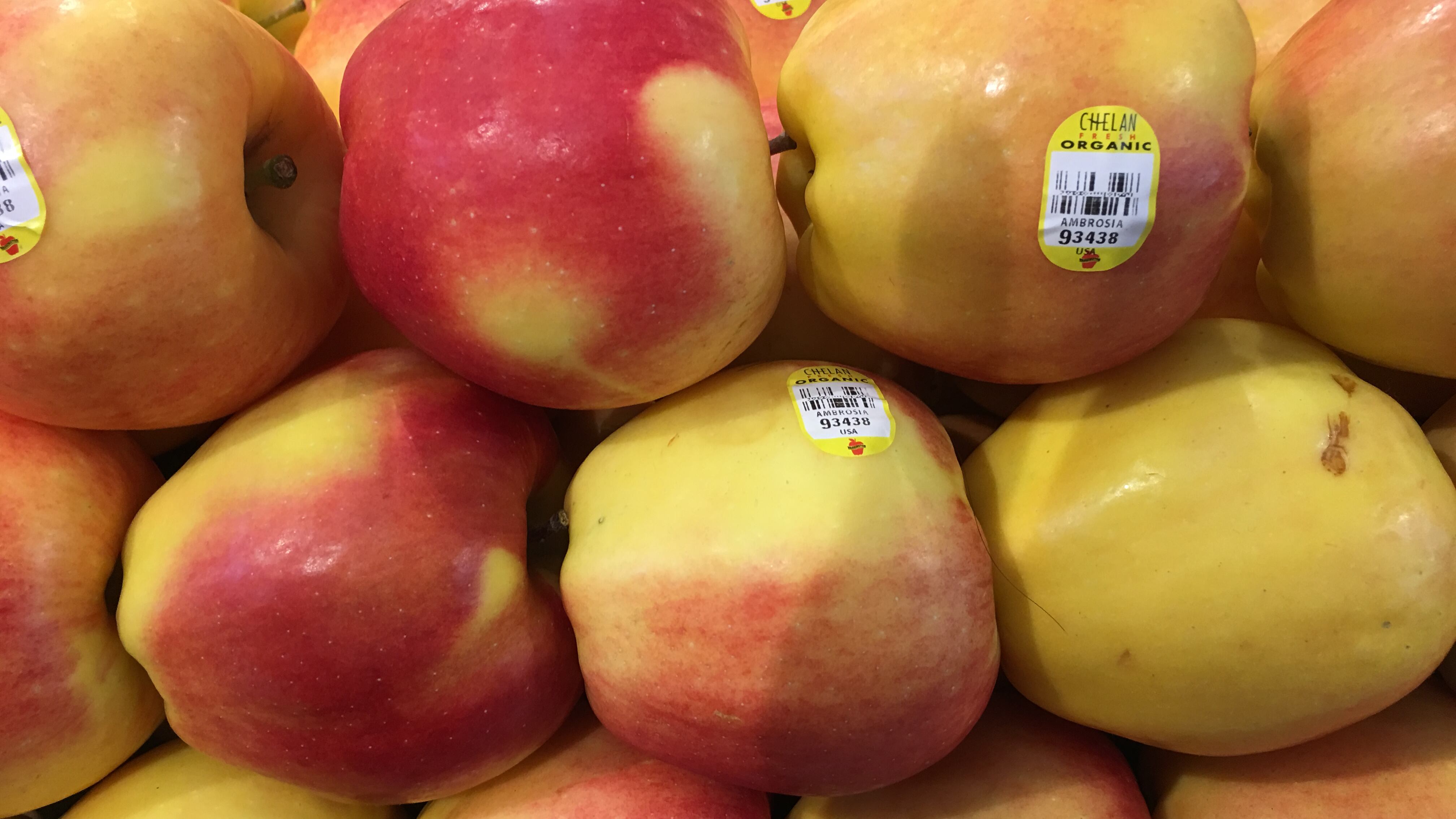Until a few decades ago, if you told Joanie Cooper she’d become one of the foremost collectors of rare apple varieties, she would’ve thought you were crazy.
That changed in 1990, when Cooper left her job working for a plastic surgeon and bought a 50-acre plot of land outside McMinnville. Hidden on the property was an old apple orchard full of big, delicious fruit. When she had the apple varieties identified by local experts, she learned she was the owner of heirloom, thought-to-be extinct apple trees.
“It was like opening a door to something I knew nothing about,” says Cooper. “I find it intriguing when you think of all these old trees that are hiding.”
Now Cooper is the owner of the largest collection of rare apples in the county. In 2012, after decades honing her apple identification and grafting skills at Oregon City’s education nonprofit Home Orchard Society, she opened the Temperate Orchard Conservancy (temperateorchardconservancy.org/). Located along the Molalla River just south of Portland, the conservancy is home to around 4,000 varieties of apples, many of which were assumed extinct before Cooper helped find them.
Curious fruit-finders from as far away as New York send their apples to the conservancy to be identified. Then, Cooper and Temperate Orchard co-founder and resident pomologist Shaun Shepherd go through dozens of traits—from taste to skin texture and stem length—in order to identify the variety. Last fall alone, Cooper and Shepherd examined around 200 apples.
Cooper hopes to find and preserve as many varieties as possible—a goal with a time limit. Many orchards containing lost apple varieties are already over 100 years old, so until they’re found in some remote part of the country, there’s no way of knowing if those trees are still alive. But for Cooper, that’s part of what makes the discovery of a lost variety so thrilling.
“It’s fun to say, ‘Aha! It isn’t lost now, we’ve found it,’” she says. “If we don’t hurry up and do it, they’re going to be gone.”
